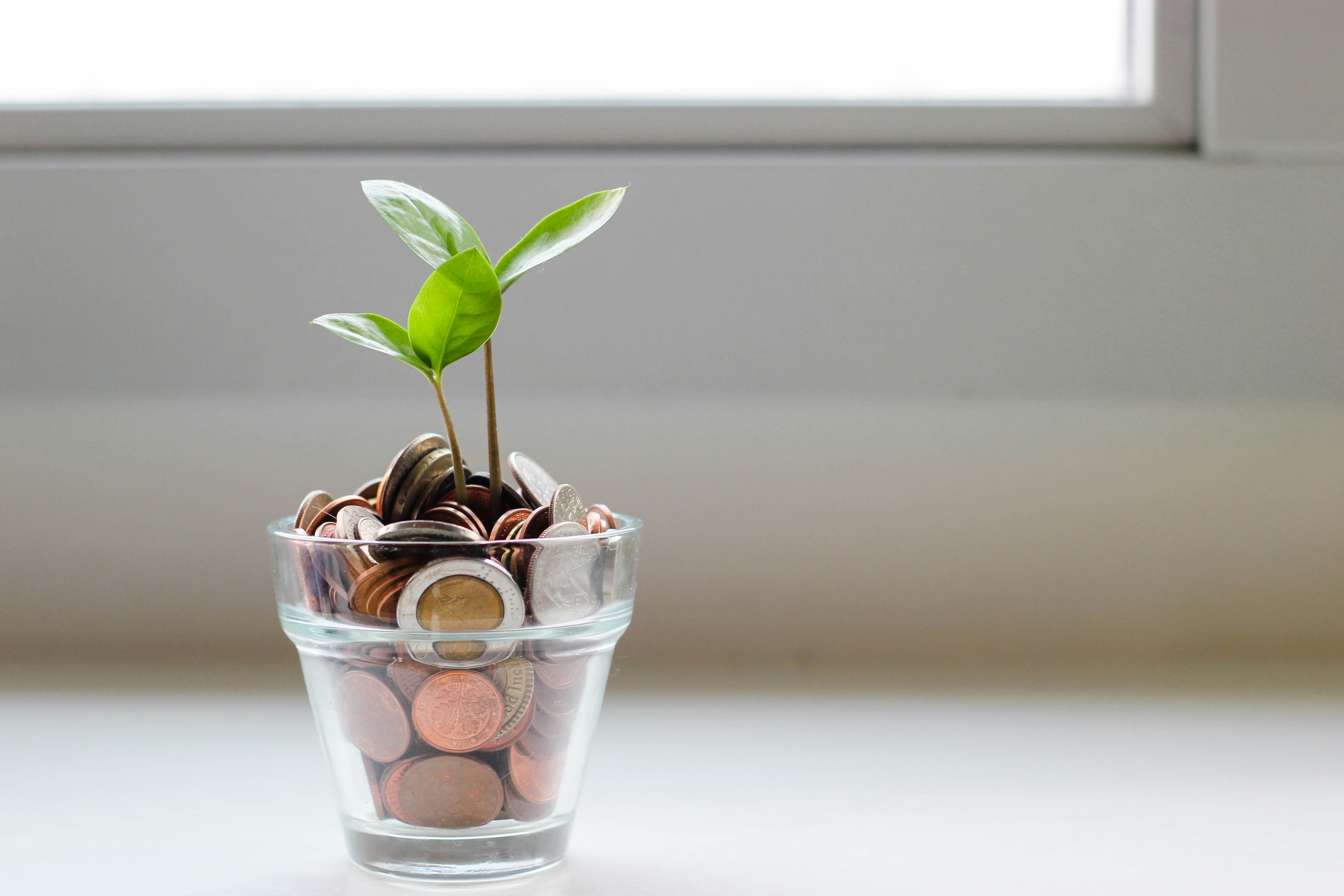2020 has been a rough year. The world has suffered through COVID-19, widespread unemployment, a turbulent economic backdrop, and now a recession. The recession was officially announced in the United States in June of 2020. A recession is when there is a significant decline in economic activity across the economy which lasts more than a month. This stagnant state is seen most often in the real gross domestic product (GDP), real income, employment, industrial production, and wholesale-retail sales.
During a recession, businesses see less demand, and they begin to lose money. In order to cut costs and stem the rising losses which they are experiencing, companies begin to lay off employees, and this leads to high unemployment. The causes of 2020 the United States recession include the impact of COVID-19 and a preceding decade of severe monetary stimulus which left the economy susceptible to economic shocks. People across the nation are being affected by this economic downturn, and are finding ways to cope with this new way of life. Below are a few ways to plan for your family’s financial future during a recession.
Plan ahead by saving money.

When a recession hits, in many cases, the influx of money coming into a household will be diminished. For many people who are already living paycheck to paycheck, a loss in funds can be felt immediately. This can affect any part of your household, including being able to buy groceries or being able to pay the rent, utilities, or mortgage on time.
When you plan ahead by saving money, you are better positioning your family for successfully coping with a recession. Advanced planning often helps. For example, you wouldn’t jump into purchasing a house for the first time without doing proper research. You’d first look into those things to do before buying your first home. The same idea can be applied to financial planning with saving money for a rainy day.
In financial emergencies like these, it helps to have savings that you can tap into. Having an emergency fund can be extremely helpful for when times get rough. This will also lessen the chances of you having to borrow money from a private lender, a bank, or even from friends and family.
Another thing to remember is that credit availability tends to disappear when a recession takes place. In cases like these, it helps to have an extra set of funds available to take care of the financial burden which has been placed on your family as a result of the recession.
Live within your means.

Try to make it a habit to spend only what you have. Nothing more. When you do this, you are saving money for your family which can be used when times get difficult. In a way, you’re planning in advance for the possibility of some type of economic catastrophe. Some people might see this as being a bit paranoid and cheap but that’s not wise. Others, like yourself, will see it as more of a precautionary measure to ensure that you aren’t spending money that could be saved.
When you live within your means, you are setting a limit on the amount of money which you’ll spend at a given time. By being cautious you can better prepare for what may be around the economic corner. For example, many of us want children. What you should consider before getting pregnant though is whether or not it’s economically viable to bring a child into the world. Are you making enough money to be able to take care of a new life? With this decision, you are living within your means if you decide that now is not the best time to have a child. Especially if you can’t financially ensure the safety, security, and comfort of that child.
Talk with a financial professional.

One thing that you’ll have to realize is that you don’t have the answers to everything. Maybe figuring out the best way to get through a recession is not in your wheelhouse. Accepting that you need assistance with making life-changing economic decisions is just as strong and smart as any decision made by top-performing executives like John Foresi, Venterra CEO. Foresi didn’t get to be a top CEO without listening to the advice of financial pros. Executives often listen to experts before making major changes with their companies.
You’ll first want to list any types of any type of insurance, investment, accounts, or mortgage/loan services that you have with banks or any financial institutions. After listing and organizing these figures, contact a financial advisor or get in contact with advisors at banking institutions. Provide as many details about your finances as possible.
This will also include the value of each of these items, including the cost of those finances. You want to have a frank conversation with the financial advisor about how a recession might impact these services, your current financial well-being, and your family’s future finances. It’s always good to get a second opinion from someone who is more well versed in matters of how to handle your money.
Pay down your debt.
Having debt during a recession can be harmful to a person’s economic health. While you are still attempting to dig yourself out of one economic hole, a recession can add more to this. When you pay down your debt beforehand, this gives you some breathing room in your budget especially for when things get recession crazy.
With any recession, job loss is a major factor. There’s a chance that this will happen to you or other members of your family. When you or others lose a job, then this is less money which can be paid towards your current economic woes, if a debt is involved.
In cases like these, having your debt paid down in advance can do wonders in helping your household overall. You can use this extra or saved money to help pay for those things you might be struggling with in light of the recession. Start by looking into paying down credit card debt, then look into paying off your mortgage, student loans, and auto loans. Even if there isn’t a recession taking place, it still helps your household to make paying off your debts a must needed trait to follow.
Don’t panic.

For reasons too numerous to list here, 2020 has been particularly difficult on many people in the United States, and across the world. With many individuals living on the edge on a paycheck to paycheck (if there’s even a paycheck coming) basis, it would be easy to just give up and panic.
Don’t do this. For the sake of yourself and your family, don’t panic. Adopt a positive mindset so that you and your family can make it out of the recession with a solid mental framework. When you panic, this leads to you making rash decisions, which can possibly lead you to further economic despair. Panicking adds to an already stressful situation, and can affect not just yourself but, the others around you.
Figure out your household’s income sources.

You’ll want an idea of what money is coming into the house during a recession. This can help you to determine where the money needs to go, as the coffers get a little tighter during this period. Sources of income can include a primary job, a second job, or even receiving unemployment benefits if you are laid off as a result of the recession. Having a better handle on what finances are coming into your home can help with planning for your family’s security.

